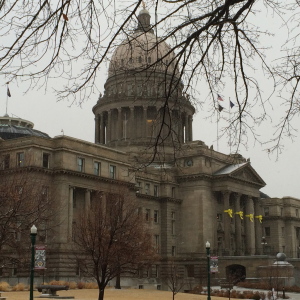Public education is always a top-priority issue in state capitols, and for good reason. In Idaho, for example, nearly one half of the general fund budget goes to K-12 — and consequently, legislators assume a key role in crafting education policy.
 But another factor could affect the education debate, in statehouses in Idaho and beyond. Congress has finally scrapped the unpopular 2002 No Child Left Behind federal education law. Its replacement, the Every Student Succeeds Act, was signed into law on Dec. 10.
But another factor could affect the education debate, in statehouses in Idaho and beyond. Congress has finally scrapped the unpopular 2002 No Child Left Behind federal education law. Its replacement, the Every Student Succeeds Act, was signed into law on Dec. 10.
After years of operating under NCLB, and seeking state waivers from some of the law’s restrictions, states could have more latitude in K-12 policymaking, Education Week reported Tuesday.
“Legislators are super-excited,” Michelle Exstrom, education program director for the National Conference of State Legislatures, told Education Week’s Daarel Burnette II. “They’ve been asking for a decade for some of these changes, and they have been very frustrated that we’ve been limping along with the (No Child Left Behind Act) waiver system that enticed states to put in place policies they wouldn’t put in place otherwise.”
In Idaho, the transition will be gradual. Until August, the state will continue to operate under its existing NCLB waiver.
Coming next week — and beyond: The 2016 Idaho Legislature convenes Monday with Gov. Butch Otter’s State of the State address. Check back at Idaho Education News daily, and throughout the session, for complete, up-to-the-minute coverage of education issues.
